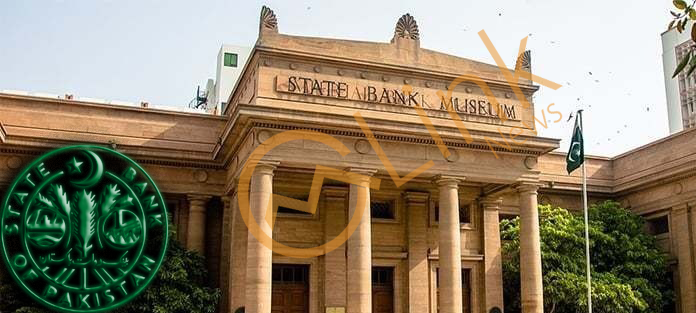April 19, 2022 (MLN): Sri Lanka's economic crisis appears to be worsening as authorities lately announced that it is temporarily defaulting on all of its external debt obligations due to dwindling foreign exchange reserves.
Sri Lanka’s total external obligations, which include trade payments and debt amounts to $51bn and foreign exchange reserves hovering around $1.9bn, barely covering 1 month of imports. The country is currently working with IMF on a bailout plan, to make payments on its international sovereign bonds.
In the context of Pakistan, the current crisis in Sri Lank will have implications on Pakistan’s economy and its banking sector, a report by Ismail Iqbal Securities underlined.
Firstly, trade between two countries could be affected, where Pakistan runs a trade surplus (8MFY22 Exports $249mn, Imports $54mn). However, this is not significant in terms of Pakistan’s overall trade, the report said.
Secondly, some Pakistani Banks are also exposed to Sri Lanka through investment in Sri Lankan government debt securities and direct operational presence.
“The impact can come in different ways i.e., revaluation loss on debt securities (local currency and dollar bonds), currency translation loss on local operations, and potential provision arising due to default on dollar bonds, the report noted.
Banks such as BAHL, MCB, UBL, and HBL have exposure to Sri Lankan debt securities. The exposure is sizeable and ranges from 2.9% to 5.8% of equity; however, the precise impact is not quantifiable due to the unavailability of investment breakup between the local currency and dollar bonds, it added.
Pakistan’s economic situation has also deteriorated in the recent past, though not as much as Sri Lanka. IMF program is on hold, while reserves have been declining due to debt repayments and high current account deficit amid the commodity super-cycle. In the 9MFY22, the Current account deficit has increased to $12bn against the surplus of $994mn in the same period last year. SBP FX reserves have dropped to $10.8 bn compared to $20bn in August’21.
As per the report, Pakistani bonds have been among the worst performers. The prices of Pakistan Eurobond of different maturities have on average declined by 23% CYTD. Most of the impact has come in Mar’22 quarter, which would result in unrealized losses in quarterly accounts.
HBL, MCB, UBL, BAHL, BAFL and ABL have investments in Pakistani Eurobonds. As a percentage of equity, UBL and BAHL have the biggest exposure of 15.7% and 20% respectively.
Moreover, local bond yields have increased by an average of 0.5% during Mar’22 quarter, which is lower as compared to the 1.5% increase in Dec’21 quarter. The impact of this would also be reflected in quarterly results, the report underscored.
Commenting on the aforementioned developments, Fahad Rauf, Head of Research at Ismail Iqbal Securities in his note said “these events would have some impact on the book values and CAR of the banking sector. However, the impact is manageable, and the robust earnings outlook should overshadow negative outcomes on these fronts.”
Copyright Mettis Link News
32189







